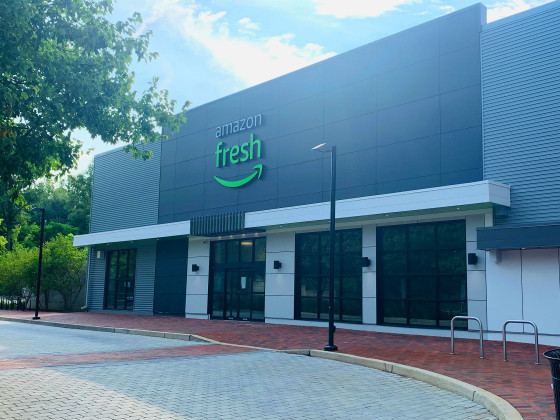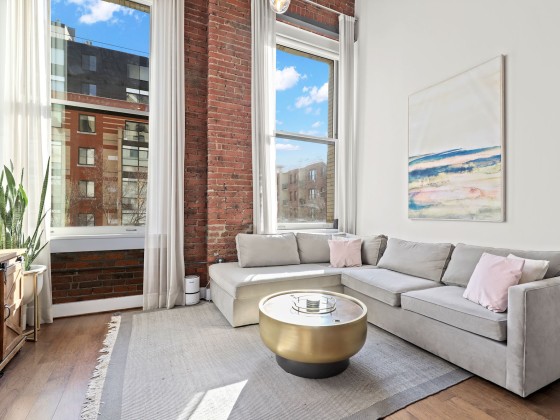What's Hot: Amazon To Close Down Fresh Grocery Stores
 A Mortgage Conundrum
A Mortgage Conundrum
✉️ Want to forward this article? Click here.

A young couple in DC wants to buy a new condo while keeping their current unit to rent out. But that is proving to be easier said than done. With the help of Dominic Turano of First Home Mortgage, UrbanTurf tries to find the solution. See the reader’s question and Turano’s answer below.
Question:
I live with my husband in a junior one-bedroom in Dupont Circle. We’ve been saving to sell my small condo and move to a bigger one as something in between urban living and single-family-raising-a-kid living. We want to buy below the price that we have been pre-approved for, so we can keep saving for our goal – a house.
However, we don’t need to sell my place to upgrade to a larger unit (i.e. we have enough money to keep it and buy another), and given the rental market right now, it almost seems smarter to rent out our current unit which would cover the mortgage and then some.
But we have run into a snag. We were told that unless we sell my unit or buy “substantially up” from our current situation – i.e. a townhouse or a luxury condominium – we would not be approved for a mortgage. The reason for this is that the bank believes that both condos will be investment properties when in fact one will be a primary residence. Buying a much larger or nicer home is apparently an indication that it will be our primary residence.
Is this common and is there a solution?
Answer:
This situation isn’t entirely unusual. At its core, this is an underwriting decision/judgment call, but it is clear that the underwriter does not have the full story. Ultimately, it’s the role of the loan officer to help the underwriter understand what is going on. Underwriters are tasked with ensuring that the loan in question meets company/investor guidelines, and sometimes there is a gray area in the guidelines for the loan approval.
However, it sounds like the buyer has advantageous mortgage terms and a clear reason to purchase another property. If they were purchasing a SMALLER unit, the question/concern from the bank would be more appropriate and easier to understand. However, it sounds like this couple would be purchasing a unit at least similarly sized, if not moderately larger.
If the loan officer helps the underwriter understand what’s happening, a letter of explanation from the client should alleviate the problem and allow them to move forward.
If things have been explained clearly and the underwriter is still digging in their heels, a request that the file be escalated to an underwriting manager is a possibility. From there, the more senior person may make the call that the purchase scenario is a good one and approve the loan.
If these avenues do not work, the couple could bargain with the bank to provide a signed lease and security deposit for the property that they would be renting, but that may not work as the bank is suggesting that both units will be investment properties. The borrower could also go to another lender, as most have the ability to run loan scenarios past underwriters for review prior to bringing the loan in for full review. If the couple decides to do that, I’d suggest that they ask for a pre-application scenario review. As it’s a judgment call, another underwriter could look at the situation differently.
See other articles related to: investment properties, mortgages, urbanturf reader asks
This article originally published at http://dc.urbanturf.production.logicbrush.com/articles/blog/a_mortgage_conundrum/5321.
Most Popular... This Week • Last 30 Days • Ever

While homeowners must typically appeal by April 1st, new owners can also appeal.... read »

Navy Yard is one of the busiest development neighborhoods in DC.... read »

A significant infill development is taking shape in Arlington, where Caruthers Proper... read »

A residential conversion in Brookland that will include reimagining a former bowling ... read »

After years of experimenting with its branded brick-and-mortar grocery concepts, Amaz... read »
DC Real Estate Guides
Short guides to navigating the DC-area real estate market
We've collected all our helpful guides for buying, selling and renting in and around Washington, DC in one place. Start browsing below!
First-Timer Primers
Intro guides for first-time home buyers
Unique Spaces
Awesome and unusual real estate from across the DC Metro













